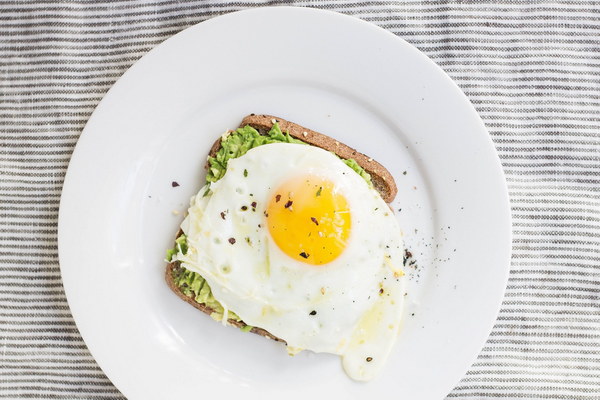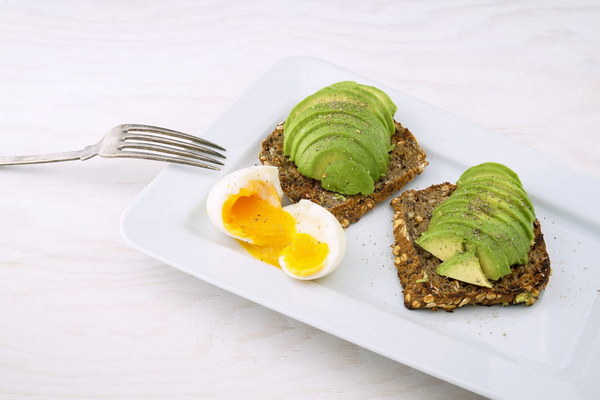Unveiling the Anti-Aging Power of Niacin Optimal Dosing for Youthful Radiance
Introduction:
In the quest for eternal youth and timeless beauty, scientists and beauty enthusiasts have been on a relentless search for the ultimate anti-aging solution. One such compound that has gained significant attention in recent years is niacin, also known as vitamin B3. This versatile nutrient has been hailed for its anti-aging properties, and understanding the optimal dosing of niacin can help unlock its full potential. In this article, we will delve into the world of niacin and explore the recommended dosages for achieving youthful radiance.
Understanding Niacin:
Niacin, or vitamin B3, is an essential nutrient that plays a crucial role in various bodily functions. It is involved in energy metabolism, DNA repair, and maintaining healthy skin. Recent research has suggested that niacin possesses potent anti-aging properties, thanks to its ability to improve blood circulation, enhance collagen production, and reduce inflammation.
The Anti-Aging Benefits of Niacin:
1. Improved Blood Circulation:
Niacin helps dilate blood vessels, promoting better blood flow throughout the body. This increased circulation ensures that nutrients and oxygen reach the skin's cells more efficiently, leading to a radiant and glowing complexion.
2. Enhanced Collagen Production:
Collagen is the main structural protein in the skin, responsible for its elasticity and firmness. Niacin stimulates the production of collagen, preventing the formation of wrinkles and fine lines, and promoting a youthful appearance.
3. Reduced Inflammation:
Inflammation is a significant contributor to aging. Niacin possesses anti-inflammatory properties that help combat inflammation in the body, including the skin. By reducing inflammation, niacin can help alleviate skin conditions such as acne and eczema, leaving your skin smoother and healthier.
Determining the Optimal Dosing of Niacin:
The recommended dosage of niacin for anti-aging purposes may vary depending on individual factors such as age, sex, weight, and overall health. However, here are some general guidelines to consider:
1. Over-the-Counter Niacin Supplements:
For over-the-counter niacin supplements, the recommended dosage typically ranges from 50 mg to 1,000 mg daily. It is advisable to start with a lower dosage and gradually increase to avoid potential side effects.
2. Prescription Niacin Supplements:
Prescription niacin supplements, known as niacinamide, are available in higher dosages. The recommended dosage for prescription niacinamide ranges from 500 mg to 1,500 mg daily. It is crucial to consult a healthcare professional before starting any prescription niacin regimen.
3. Niacin in Food:
Consuming foods rich in niacin is also an excellent way to incorporate this nutrient into your diet. Some niacin-rich foods include lean meats, fish, poultry, legumes, and fortified cereals. Aim to consume a variety of these foods to ensure an adequate intake of niacin.

Potential Side Effects:
While niacin is generally safe when taken in recommended dosages, it can cause certain side effects. These may include flushing, itching, and gastrointestinal discomfort. To minimize these side effects, start with lower dosages and gradually increase as tolerated. It is essential to consult a healthcare professional before starting any niacin regimen, especially if you have pre-existing health conditions or are taking other medications.
Conclusion:
Niacin, a vital nutrient with anti-aging properties, has gained popularity as a key component in the quest for youthful radiance. By understanding the optimal dosing of niacin, you can harness its full potential to improve blood circulation, enhance collagen production, and reduce inflammation. However, it is crucial to consult a healthcare professional before starting any niacin regimen to ensure safety and effectiveness. Incorporate niacin into your diet and consider niacin supplements to achieve that timeless beauty you desire.









